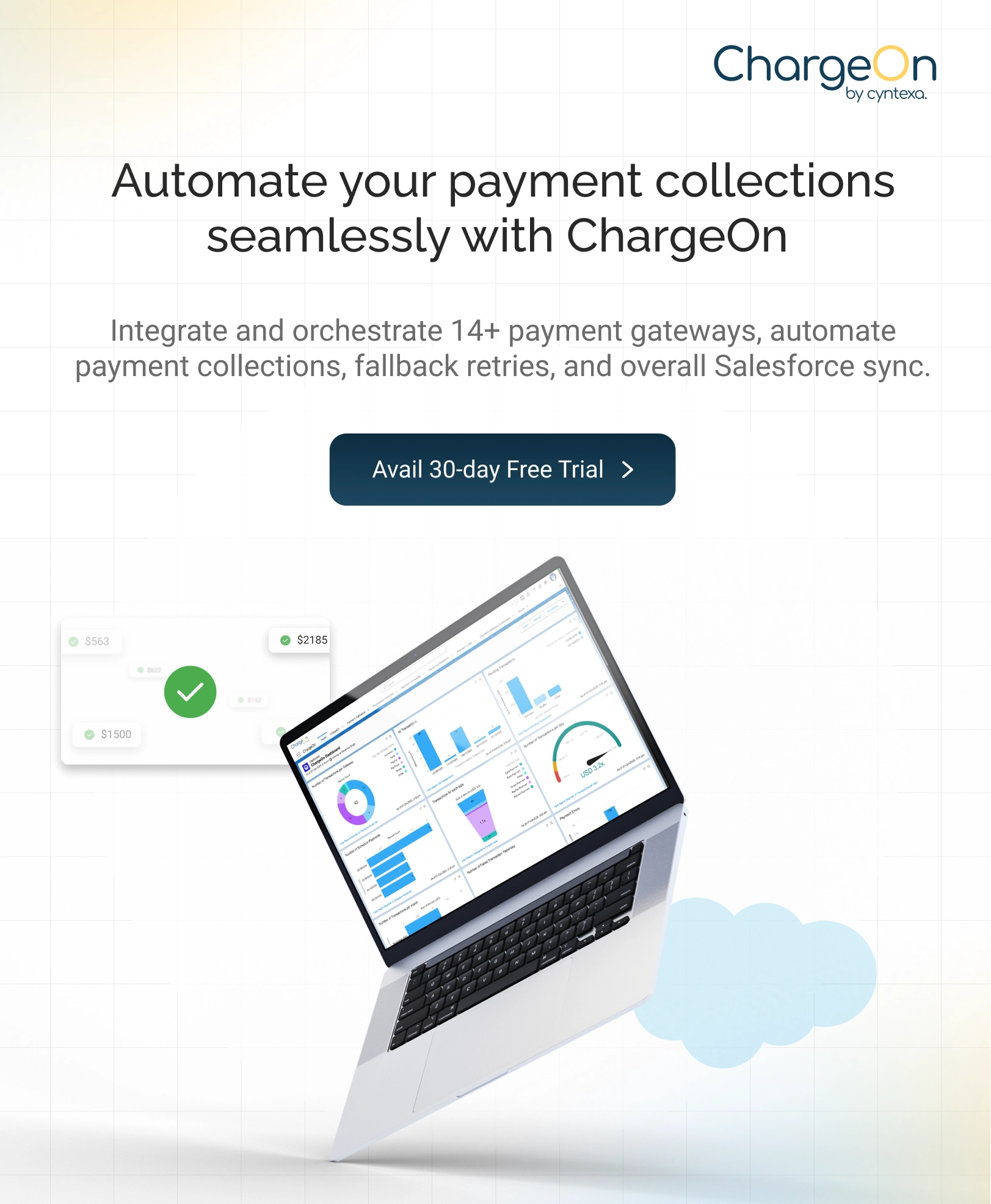Business Overview
The client is a prominent healthcare provider in Australia, delivering comprehensive medical care while prioritizing patient care needs. They offer a wide range of services, including primary care, specialist consultations, emergency services, and allied health support that addresses diverse healthcare needs. By leveraging advanced technology such as electronic health records and telehealth platforms, the client enhances operational efficiency and improves patient experiences.
With a core focus on commitment to regulatory compliance under the Medicare system, the client participates in quality assurance initiatives to maintain high standards of care. They organize health promotion campaigns across localities and form community partnerships with a motive to offer high-quality healthcare services for all Australians.
Challenges:
- Inefficient Task Management: Physicians often received routine patient inquiries regarding lab results or medication instructions. These overwhelming and repetitive inquiries hampered physicians’ administrative tasks, making it complex for them to focus on patient care and their needs.
- Seeking Solutions for Operational Efficiency Issues: The client faced persistent challenges in enhancing operational efficiency, struggling to find a cohesive solution to address their multifaceted needs. Despite numerous attempts and iterations, they encountered roadblocks that left them overwhelmed and needing expert guidance. Their team sought advice from a seasoned Salesforce consultant who could deeply understand their business model, operational requirements, and long-term goals and recommend them a secure, and scalable solution.
- Burdensome Medication Management: Keeping track of medication refills for all the patients and ensuring that they are timely reminded about their prescriptions was becoming unmanageable for healthcare providers due to the increasing number of patients.
- Inefficient Data Update: Physicians had to manually update patient data across the system. This led to duplicacies as multiple physicians made the same updates across the system, leading to confusion and outdated status updates.
- Communication Barriers: The client faces significant communication barriers between patients and providers, primarily due to language differences and the complexity of medical terminology. This disconnect often leads to confusion and trust issues, as patients struggle to understand their conditions and treatment options.
Solutions:
To address the requirements and challenges, our Salesforce consultant collaborated directly with the client’s technical team to conduct an in-depth discovery, identifying Agentforce as a dependable and smart solution.
- Expert Consulting for Tailored AI Solutions: Our Salesforce consultants provided strategic leadership by meticulously analyzing the client’s business needs. They not only recommended AI-powered solutions but also architected the entire solution framework, developing the most effective strategy for integrating AI agents into the Salesforce Health Cloud ecosystem. Their approach ensured a scalable, future-ready AI implementation aligned with the client’s long-term goals.
- Automated Query Resolution: We created an agent in Agentforce that automated responses for common queries related to lab results and medical instructions. It significantly reduced the volume of repetitive questions directed at physicians, which freed up healthcare professionals’ time to concentrate on more complex patient care needs. This ultimately enhanced overall patient satisfaction and optimized workflow.
- Data Retrieval and Integration: Using Agentforce’s agents, physicians were able to quickly retrieve comprehensive medical histories and treatment plans. They prompted the agent, which further displayed relevant results. This rapid access to critical information enhanced informed decision-making, thereby reducing delays. It ultimately enhanced the quality of care and helped patients recover faster.
- Data Integration and Real-Time Updates: This implementation of advanced data integration capabilities assembled real-time updates from various sources. Therefore, it ensured that physicians had access to the most current patient information, allowing timely responses to changes in patient status and supporting proactive decision-making.
- Managing Medication Refills and Continuity of Care: Healthcare Agents automated medication reminders that ensured continuity of care and helped prevent interruptions in treatment. It improved overall patient adherence to prescribed therapies while reducing the administrative burden associated with manual follow-ups.
- Enhanced Communication Among Healthcare Providers: Agentforce provides a solution by incorporating multilingual support and translation capabilities into its platform. This feature enables agents to translate queries and responses in real time, ensuring that both patients and healthcare providers can communicate effectively in their preferred languages. By facilitating clear communication and enhancing care coordination, Agentforce not only reduces the risk of miscommunication but also fosters trust, ultimately leading to improved health outcomes for patients.
Benefits:
- Automated responses to routine patient queries reduced physicians’ workload and freed up their time to focus on administrative tasks.
- Immediate access to relevant patient medical history enhanced on-time patient care.
- Timely status updates regarding patient’s data kept everyone informed.




















